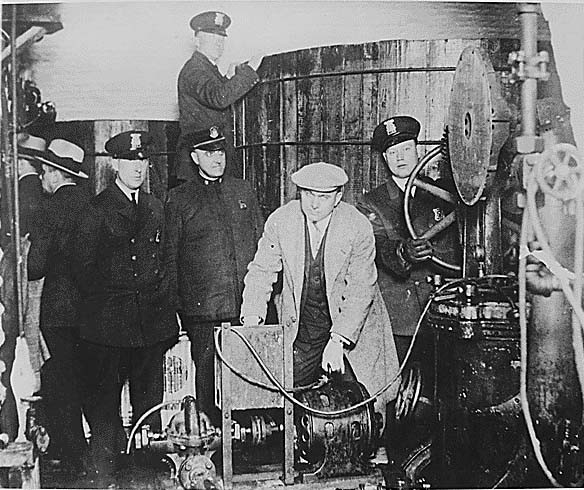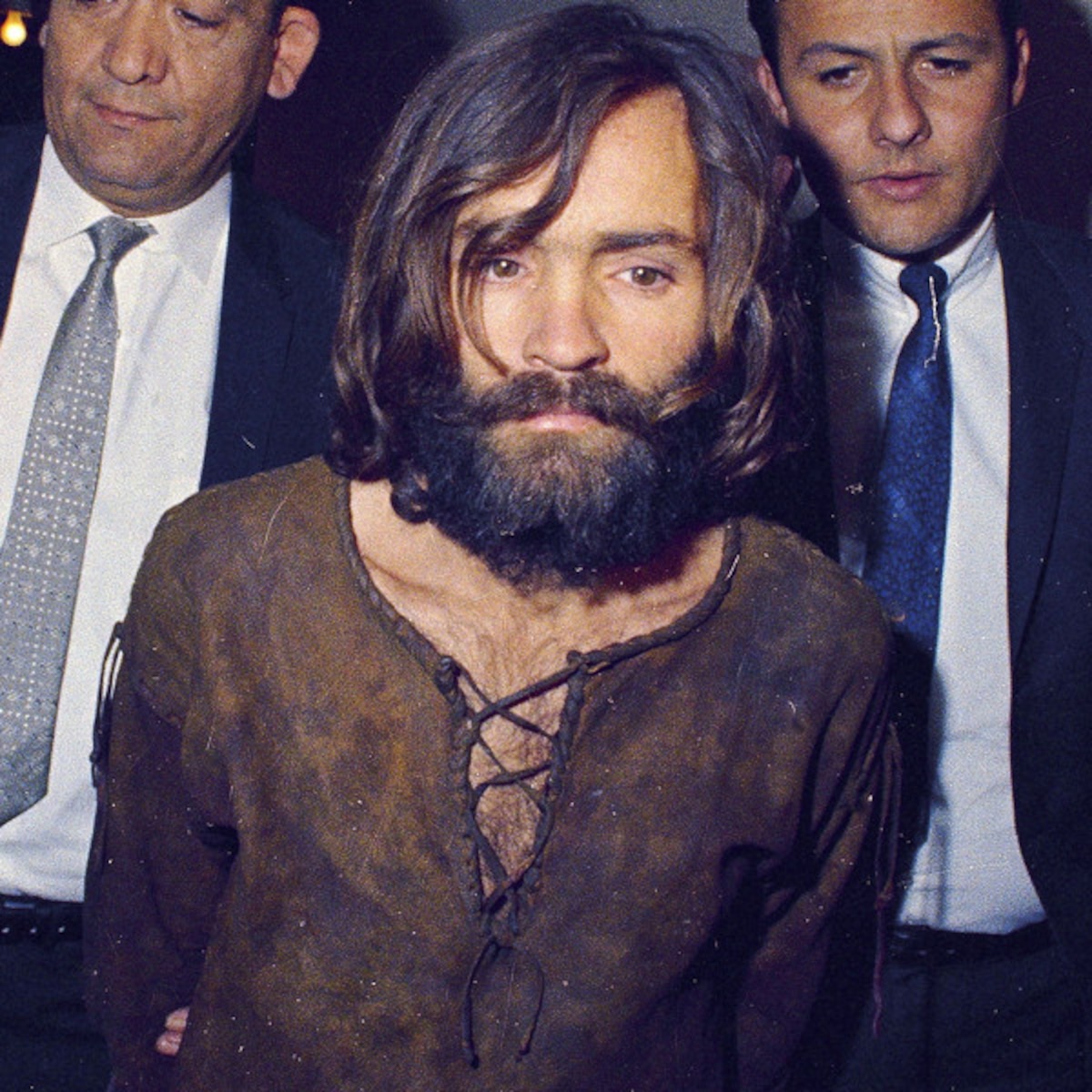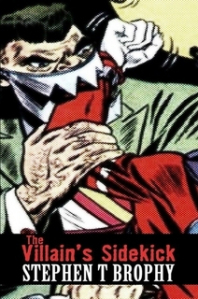
Word of the bombing spread virus-quick across the hi-tension infovine, fingers pointing and accusations flying through the humid miasma of Puerto de San Frantic. Free D. knew about it soon enough to make a few bucks off it before it hit the metamedia. Possibly the last readicash he’d lay hands on for quite some time. Situation ripe for a riot, had been for months, years, maybe the whole of the century, and most of the one before. Free D. could smell the bitter end of his own San Frantic era, already laying the groundwork for his next move, a new base of operations in another hotspot far from home, another 3rdWorld subsidiary a year or two from absolute boilover. For San Frantic, the moment had finally arrived. Thousands of angry citizens, many indigenas, pressed to the limits of their long-seething outrage. Such a minor indignity, this, an indefinite number of civilian casualties caught within the blast radius, wrong-place/wrong-time pedestrians, extras in the epic pageant of subsidized violence, bit players in the corporate cold war. Somebody’s spouse, still and all, somebody’s sibling, parent, offspring. Innocence could only be measured in degrees, but these unlucky few were now instant martyrs, unable to enjoy their elevated status, the spontaneous emergence from anonymity into historic posterity, 15 minutes of posthumous fame for a few dozen corpses blown to glory.
A rally in the zocalo, bracketed by the church, the Edificio Federal, the Nordstrom’s and the US Embassy, remained peaceable for nearly half an hour before incendiary remarks sparked volatile tempers and rebellious fire smoldered, flared and finally blazed out of control. Free D. watched it all from the vista of a penthouse suite at the Mono/Hilton, sipping top shelf scotch with foreign journalists from all over the 1stWorld, tuning in on the Wavemonitors an event that was occuring live right outside their windowall. Copying each other’s notes, Xeroxing each other’s dispatches, transfaxing glib, indifferent, and utterly half-assed reports to UPI and the InterSystem Wavewire, vocalizing contempt for the wretched citizenry and their ill-timed pseudocoup, interfering as it did with 3rd World Cup coverage and delaying payoffs from the bookmakers. Only Free D. and a couple of others watched it live, a Frenchman from the Paris Match overcome with ennui, way past horror or disgust, just plain bored, and a hearty blonde from Lapland, oohing and aahing and trying to figure out just who she should root for; in the end, she went with Nordstrom’s.
On the square, rocks, sticks, bottles, claw hammers, axe handles and small arms flew, swung, and fired, even as gun-happy government thugs rubber-bulleted, tear-gassed, stun-gunned, and billy-clubbed the huddled masses. Clashers on both sides fell, clutching bloody head wounds only to be trampled by boots, sandals, sneakers, and high heels. Not that there were sides, as such. Just a surging mass of bodies, the individuals who comprised the whole somehow able to distinguish the enemy in the midst of all that heat and dust and chemical smoke. Clusters of luckless rioters found themselves coated in fast-hardening crowd-control foam spewing from hoses like a monster-mutant moneyshot from some XXX-rated Japanime. Still others were snared in Taser-charged webs of shocknet. But they were greater in numbers than the better-armed goons, and even the high-tech hand-me-down weaponry was no match for the amorphous collective of raw primal fury.
Free D. looked on, rapt, fascinated, secretly loving it for a bundle of contradictory reasons, happily sucking back the ill-gotten booze from these ratbastards’ double-stocked minibars, ignoring the sophomoric babble of wisecracks and Catholic jokes and Universal toilet humor delivered and traded in two dozen languages, most of which Free understood. Outside, the American Embassy troops remained blandly neutral, stony eyes observing events from their own semi-remote vantage, behind the electrified perimeter gates, as a section of the hostile mob detached itself and surged up the steps of the federal building, into a stuttering hail of real bullets this time, panicky soldiers on full automatic. Another group, mostly women, some kids, swept south, hurling fury at the plate glass display windows of the department store, the overwhelmed Nordstrom’s security contingent resorting to their own lethal means of merchandise protection, negative publicity be damned. Only the church, more or less defenseless, remained immune to the conflagration, regarded by the mob as both sanctuary and headquarters, though a lone altar boy guarded its entrance, equipped with an Israeli flame thrower, mostly for show. Within the cathedral, priests, nuns, and other clerical workers were shuttling gilded treasures to a basement vault, just in case.
Rioters inside the fed edifice now, Free D. didn’t even have to use his imagination; Wavelinx connected the metamedia suite to all the action, covered now by oldschool wallmounted vidcams, images instantaneously colorized as they came over the monitors. Bloodthirsty San Franticanos carrying the carnage down the sumptuously carpeted and ornately adorned halls, into the offices and apartments and conference chambers, bludgeoning hapless secretaries and low-echelon civil servants, left behind when el Presidente and his entourage fled for safety through the labyrinth of subterranean tunnels that led west to the airport, east to the harbor, or straight down to the fortified bunker, an artifact of the Atomic Age. The vidcams down there had all been disabled by a previous administration, during the turnover coups of Decade Zero. Apparently that long-gone dictator’s mistrust of the metamedia joybuzzards extended to the potential betrayal of his sanctuary location; should he be compelled to flee, he didn’t want either his destination or hiding place broadcast to the free world, or even a roomful of pisstakers like this one; from what little history Free D. could remember of that era, the epaulet marionette in question didn’t reign—or survive—long enough to realize his concerns.
Back in the present, whatever passed for leadership on either side was maintaining a profile so low as to render its representatives invisible. Free D. couldn’t help thinking that if the movement possessed any organizational faculties, they might take this opportunity to install a new leader, claim their restless uprising as a legitimate coup, wait for the smoke to clear, the blood to dry, the world to recognize their legitimacy, and the corruption to take hold. But this was classic chaos, old-fashioned anarchy, even the ostensible instigators and principle agitators no longer held any sway over the teeming throngs, their outrage now a multi-headed, many-limbed beast of its own, mythic in proportion, mindless at the core. Wild-eyed, unrelenting, some among its number now armed with the lethal machinery absconded from fallen loyalists, catching each other in the misdirected crossfire of their sadistic ire.
As the melee swirled outward and on, something less than thirty minutes having passed since the first stone was cast, the zocalo ran red with the slick spillage of vital fluid, bodies broken and scattered, assuming impossible contortions, faces frozen in expressions of agony, surprise, terror, and dismay. Even way up here, safe and soundproofed, the screams of the injured and dying could be heard, mingling with the frenzied cacophony of righteous defiance and unbridled contempt, the same rage no matter who fought on which side.
Looters pouring out of Nordstrom’s, Free D. aware of his companion, the girl from reindeer country emitting throat-stuck ululations of outrage and envy as the desperate citizens rushed around frantic and antlike down below, clutching clothing and cosmetics, jewelry and appliances, furniture and housewares. Politics forgotten, ideals abandoned in the mad rush of conspicuous consumption, seizing whatever useless gewgaws were at hand, possession at last of the material trappings so long denied them, inanimate iCons of the good life, as if bath towels and table lamps and IntraVid rigs guaranteed sudden prosperity, an instant change of status inherent in their bulk and heft, the softness of cloth or solidity of hard plastic, the aesthetic freshness of something brand new, mass-produced items heretofore known only to those among them fortunate enough to be involved in their production, handling each fleeting item as it rolled by on the ceaseless assembly line. Willing now to catch a bullet to bring home a handful of the middle-class dream.
And so it raged, bloody and feverish and savage, well into the night, the antic madness backlit by the hellish glow of burning dumpsters and shopfronts and an occasional warning flame from the altar boy when things got too close for the church’s comfort. Diplomats within the embassy reporting events to stateside liaisons, who in turn kept the corporate interests apprised, as the stock market closed at a record low for the day.

















 Continuing this streak of real-world feminism and self-propelled sisterhood, Hopeless and Rodriguez craft a terrific story arc in which Jessica, now striking out on her own as a private detective, her time with the Avengers in the rearview mirror (for now), takes a keen interest in the cases of multiple missing women. All of these women–and some children–have one thing in common: they are the wives, girlfriends and significant others of a who’s-who of supervillains, henchmen, and assorted powered goons. Teaming up with the Daily Bugle’s hardest working investigative journalist,
Continuing this streak of real-world feminism and self-propelled sisterhood, Hopeless and Rodriguez craft a terrific story arc in which Jessica, now striking out on her own as a private detective, her time with the Avengers in the rearview mirror (for now), takes a keen interest in the cases of multiple missing women. All of these women–and some children–have one thing in common: they are the wives, girlfriends and significant others of a who’s-who of supervillains, henchmen, and assorted powered goons. Teaming up with the Daily Bugle’s hardest working investigative journalist, 




